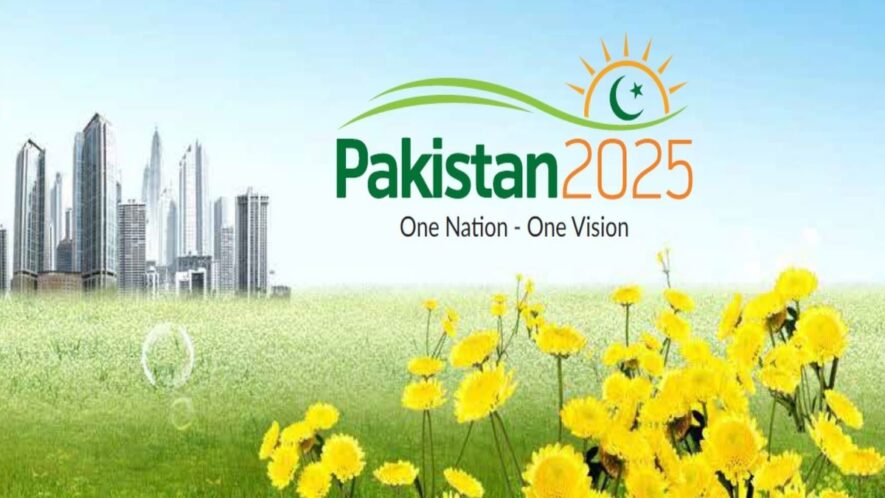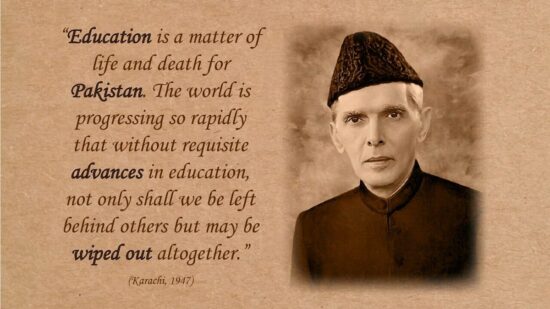Pakistan Vision 2025 is designed to represent an aspirational destination. It will serve as a critical guide-post for the development of an effective strategy and road-map to reach our national goals and aspirations. It is not meant to represent the resultant strategy and program itself. The Vision will be realized through strategies and programs defined in associated five-year and annual plans.
Based on the process of national consultation, Vision 2025 has identified 5 key enablers that are as follows;
ENABLER I : Shared Vision
Transformational change begins with a compelling vision. Transformational change is only possible if all Pakistanis take ownership of the Vision, and contribute positively to the process of change. This is the only true guarantee that the Vision 2025 will be implemented and our common goals achieved.
ENABLER II : Political Stability & Continuity of Policies
If we look at the recent successes in development by Japan, South Korea, Singapore, Malaysia, China and Turkey, political stability and continuity of policies comes out as a common thread. No country has developed with instability and chaos. Pakistan needs a prolonged period of political and economic stability, which will have an enormous impact on economic growth, income generation, human development and income distribution.
ENABLER III : Peace and Security
Without an environment of peace and security, economic development can neither be meaningful nor sustainable. Increased investment, growth and economic revival are impossible without peace and security. Wars, extremism and terrorism have caused enormous loss to our society, economy and national image. Externally Pakistan desires “Peace with dignity”. Internally we seek to create a secure environment where life, property, civil liberty and socio-economic rights of the citizens are protected and they are able to live and prosper in harmony, freedom, respect and dignity as enshrined in the constitution.
ENABLER IV : Rule of Law
Sustained growth and development does not take place in an environment which is not characterized by the supremacy of the rule of law. Therefore, establishment and application of the rule of law – which includes but is not limited to: enforcing contracts, regulating the market, breaking barriers to competition and the protection of the fundamental rights of every Pakistani citizen, is a necessary condition for the realization of the Vision.
ENABLER V : Social Justice
Social justice and economic development are integral and complement each other to establish a moral and just society. In Islam, Social Justice as a concept refers to equality in giving rights and in abiding by obligations without discrimination for any reason, either for religion, race, color and creed. Our focus will be on creating a caring society, where dividends of prosperity and development are shared by all.
References
Macro, C. (2014). Pakistan Vision 2025 – Executive Summary. Islamabad: Ministry of Planning, Development and Reform, Government of Pakistan.
OTHER RELATED POSTS
Pillars of Pakistan Vision 2025



